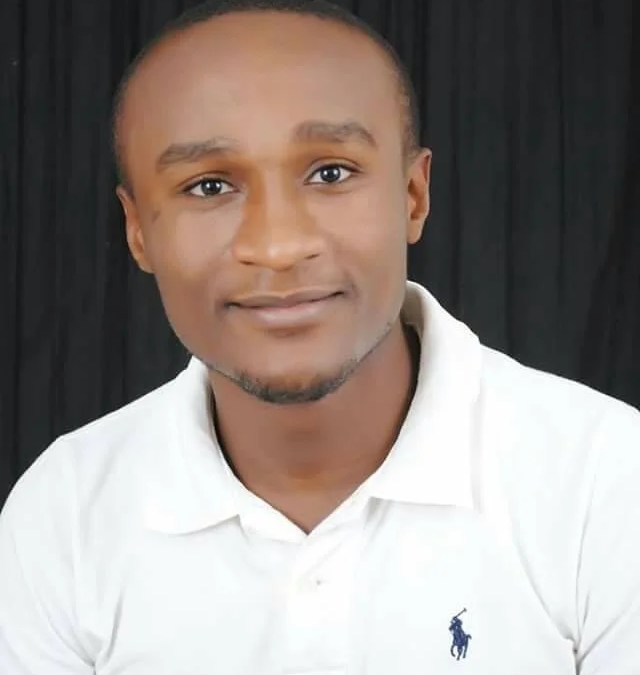
PALMS OF OIL by Kolawole Adebayo

PALMS OF OIL
by Kolawole Adebayo
I wondered as a boy
Why the flies always hovered
Around fluorescent lights
And one day, my mother said to me:
Kola, ọwọ́ epo laráyé ń bá’ní lá,
Ẹnikẹ́ni kìí bá‘ ni lá tẹ̀jẹ̀.
She asked me:
Do you see the flies hover in/around darkness?
I say no.
“When do you see them”, she asked?
“When there is light”, I said.
Ọwọ́ epo laráyé ń bá’ní lá,
Ẹnikẹ́ni kìí bá‘ ni lá tẹ̀jẹ̀.
Light attracts, and darkness repels.
Ọwọ́ epo laráyé ń bá’ní lá,
Ẹnikẹ́ni kìí bá‘ ni lá tẹ̀jẹ̀.
The tongue only lusts after sweetness,
The bitter things do not call to us naturally.
Ọwọ́ epo laráyé ń bá’ní lá,
Ẹnikẹ́ni kìí bá‘ ni lá tẹ̀jẹ̀.
Fame is no man’s foe.
The sugar cube lies there on its own,
Calls to no ants, but they come.
They come first in twos and threes
And then call unto others
Saying there is something for us here,
Come, let us make a home.
The sugar cube that welcomes every ant
Will soon be as a speck of dust.
A friend is not known in the crowd.
A friend is not known in the spotlight.
I asked her: Who then is my friend?
And she said: It is you first. Every time, it is you first.
“Who are the others after me”, I asked?
She said: Anyone who walks into your darkness
To experience it with you.
Ọwọ́ epo laráyé ń bá’ní lá,
Ẹnikẹ́ni kìí bá‘ ni lá tẹ̀jẹ̀.
The world licks the palms full of red oil;
No tongue craves the palms full of blood.
* Ọwọ́ epo laráyé ń bá’ní lá, enikẹ́ni kìí bá‘ ni lá tẹ̀jẹ̀ is a Yoruba proverb in South-western Nigeria loosely translated as “people follow after success, and no one looks in the direction of failure”.
Source: From the Rebel Issue (October 2019)
ABOUT THE AUTHOR
KOLAWOLE SAMUEL ADEBAYO is an old soul in a young Nigerian body whose poems seek to awaken human consciousness. His works have appeared on Glass Poetry, Button Poetry, Burning House Press, The Amethyst Review, Mojave Heart Review, Praxis Magazine, BPPC anthology, Kreative Diadem, and elsewhere. Kolawole won the April Edition of the Brigitte Poirson Poetry Contest in 2017. He likes to connect with his friends via his twitter handle, @samofthevoice.
.









Recent Comments